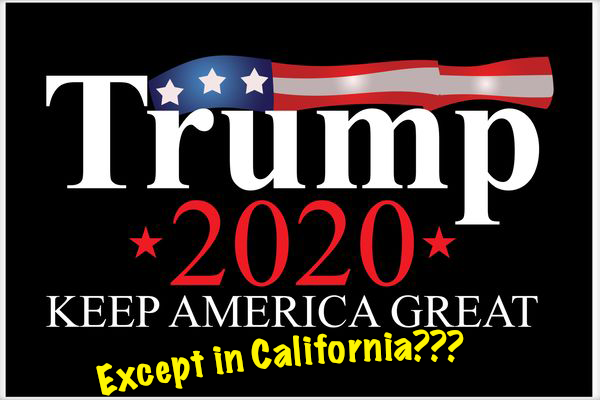Kerby Anderson
Can a state ban a presidential candidate from the ballot? This is no longer a hypothetical question. Two weeks ago, the governor of California signed a law that would prevent Donald Trump’s name from appearing on the California primary ballot unless he discloses his tax returns.
Governor Newsom argues that we live in “extraordinary times and states have a legal and moral duty to do everything in their power to ensure leaders seeking the highest offices meet minimal standards.” I might add that the minimal standards set forth in the US Constitution say nothing about tax returns. The president probably should release his tax returns. But if he or other presidential candidates refuse to release their medical records or their tax returns, let the voters decide accordingly.
My first reaction when hearing this was to consider how the governor and legislators would have reacted if a red state back in 2008 questioned whether Barack Obama could be on a ballot since there was some “controversy” over his birth certificate. That qualification, by the way, is more relevant to the standards listed in the US Constitution.
I discovered that my argument has been made before. Apparently, a similar bill was passed and sent to the former California governor who vetoed the bill for two good reasons. First, the legislation is unconstitutional. Second, it would send a dangerous precedent. Jerry Brown argued that, “Today we require tax returns, but what would be next? Five years of health records? A certified birth certificate?”
He saw the danger, and I suspect you see it as well. In fact, the editors of the Wall Street Journal even suggested that some Republican in a red state might pull a similar stunt to keep a Democratic candidate off the ballot. You can see where this is going.
I have some confidence that this political stunt will be declared unconstitutional, but the legislators should have thought this through before they passed the bill.
 Listen Online
Listen Online Watch Online
Watch Online Find a Station in Your Area
Find a Station in Your Area










 Listen Now
Listen Now Watch Online
Watch Online
